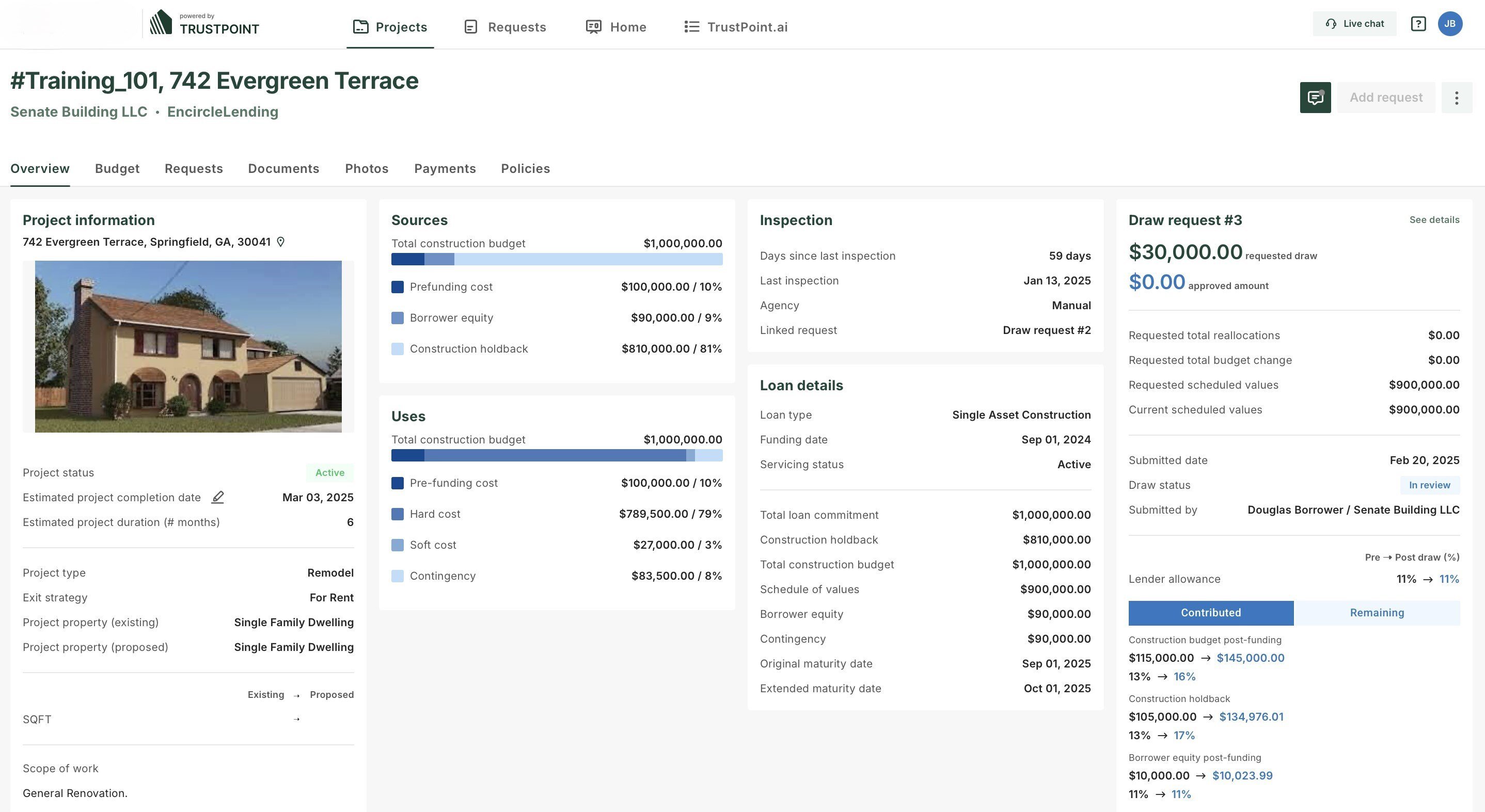If you’ve seen the announcement about our new Horizon Residential Income Fund, you may be wondering what a REIT or REIT-structured fund is.
A REIT is a Real Estate Investment Trust, an organization that owns, manages, or finances income-generating real estate properties or infrastructure, such as office buildings, single-family homes, storage units, cell towers, condos, or apartment complexes, among others.
![]()
REITs hit the market after Congress amended the Cigar Excise Tax Extension in 1960. The amendment allowed more investors to buy shares in commercial real estate, an investment previously only available to wealthy investors who knew “the right people.”
How a REIT Works
The structure of a REIT was inspired by mutual funds: Many investors pool their capital so they can individually earn dividends on the real estate investments held in the REIT — without having to actively purchase, maintain, or finance the properties themselves. A true passive investment!
Additionally, REITs offer instant diversification by allowing investors to simultaneously buy into a portfolio of investments, while also reducing the onus on the investor to diligence and search out individual deals they believe will generate the highest returns.
Different Types of REITs
There are three types of REITs: Equity, Mortgage, or Hybrid.
Typically, a REIT will focus or group properties in a specific real estate sector, such as commercial, residential, or retail. However, there are also diversified and specialty REITs, which may hold properties from a variety of sectors in a single portfolio, such as shopping centers (retail) and self-storage facilities (commercial) together.
Equity REITs
Equity REITs are considered the standard and all work pretty much the same: The organization operating the REIT owns and manages space or infrastructure in cash-flowing properties, leases the space and collects rents, and then distributes the income as dividends to investors. An equity REIT can be made up of a diverse group of underlying properties or can be comprised of just one or two larger properties.
Mortgage REITs
These REITs operate slightly different than an equity REIT. With a mortgage REIT, the portfolio owner or organization does not own the real estate properties but instead finances and holds the mortgage on those properties. Investors in mortgage REITs earn income from the interest accrued from the loans that finance the real estate properties.
Hybrid REITs
Hybrid REITs both own space that collects rent and hold mortgages, utilizing the investment strategies of both to generate income for investors.
How to Invest in a REIT
Shares of REITs can be purchased in a few different ways.
Many REITs are publicly traded and listed on major securities exchanges, such as NYSE or NASDAQ. Publicly traded REITs are regulated by the SEC and shares are purchased and sold through a broker by individual investors much like stocks.
Public non-traded REITs are not, like the name implies, traded on national securities exchanges, but are still regulated by the SEC. Shares of public non-traded REITs are purchased directly though a broker, financial advisor, or the company or organization that owns or finances the REIT.
Private REITs are not traded on any securities exchanges, not regulated by the SEC, and are usually only sold to institutional investors.
Publicly traded REITs tend to trade under substantial volume and are considered highly liquid — but their value can be affected by stock market volatility. Public non-traded REITs are typically less liquid than their publicly-traded counterparts, but may offer more stability as their value is not affected by changes in the market.
REITs have also become a popular addition to employer- or employee-sponsored investment plans and retirement funds. Millions of Americans invest in or own REITs as part of their retirement plans.
About the Horizon Residential Income Fund
The Horizon Residential Income Fund (HRIF), the newest investment vehicle at Fund That Flip falls into the category of a publicly non-traded, mortgage REIT. The Horizon Fund utilizes a REIT structure, where the fund owns the subsidiary REIT that purchases the whole loans.
HRIF leverages the investment principal to purchase whole residential bridge loans originated by (and in the rigorous underwriting standards of) Fund That Flip. The fund distributes income to its members quarterly.
When an underlying loan is repaid, HRIF reinvests that money in new loans until the fund is closed and principal begins to return to investor members. Due to the short duration and large quantity of underlying loans, investment in HRIF offers instant and revolving diversification. Further, its aforementioned REIT ownership allows investors to take advantage of associated tax benefits.
Learn more about crowdfunded investing here, as well as our other series notes, PFNF and RBNF, and individual borrower-dependent notes.
References:
Nareit.com
Investopedia.com





